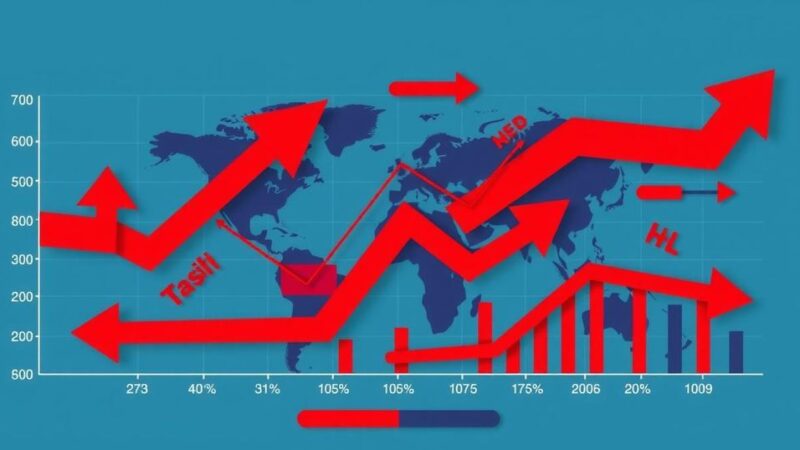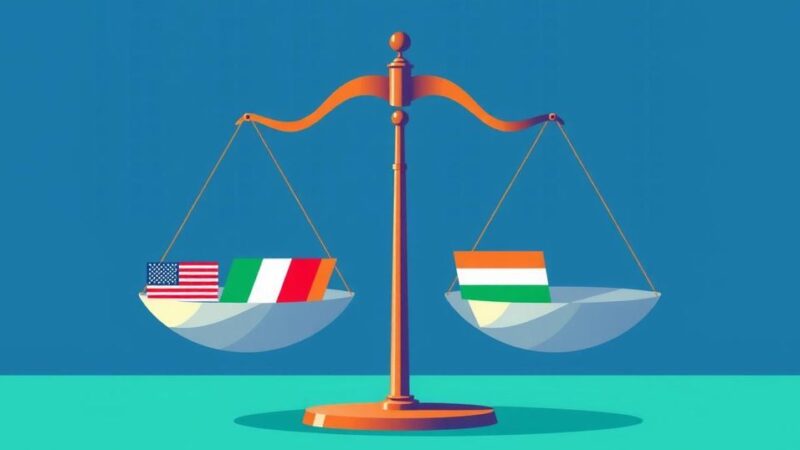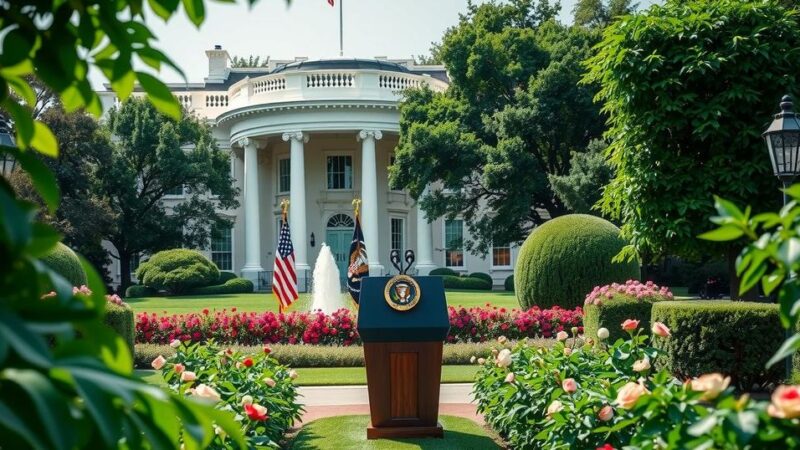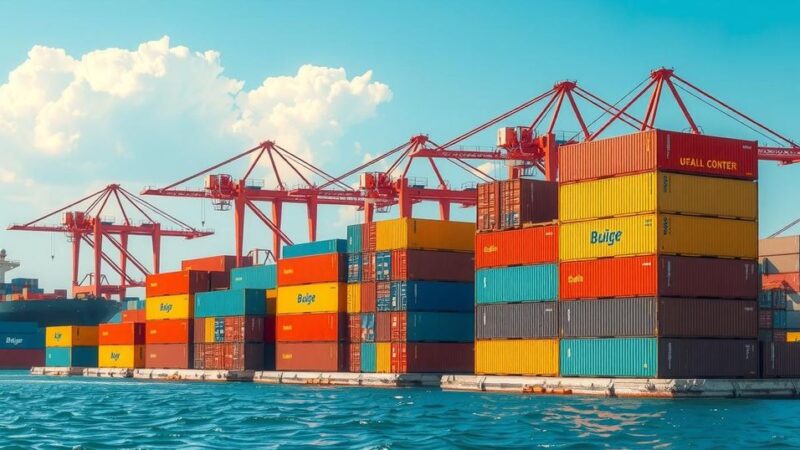Argentina’s President Javier Milei continues the country’s debt cycle by seeking an IMF loan, contradicting his promises against increasing government debt. This move strengthens Argentina’s historical reliance on the IMF, raising concerns about economic sovereignty and fiscal responsibility. Former President Cristina Fernández de Kirchner condemned Milei’s actions, pointing out the failures of neoliberal policies accompanied by unmanageable debt.
Javier Milei, Argentina’s self-declared libertarian and “anarcho-capitalist” president, is deepening the country’s reliance on the United States through additional loans from the International Monetary Fund (IMF). Although Milei has faced a severe economic crisis with 53% of the population living in poverty, he promised not to increase government debt. Yet in March, he issued an emergency decree to request an estimated $10-20 billion loan from the IMF, contrary to his campaign promises.
The IMF’s intervention in Argentina is notorious and widely seen in Latin America as neocolonialism. Milei’s embrace of the IMF mirrors the actions of previous leaders, perpetuating a cycle of dependency that results in unmanageable debt. Historical patterns reveal that corrupt right-wing governments typically engage in excessive borrowing, which leads to economic destabilization and a reliance on foreign loans. The vicious cycle often results in snapped currencies, rampant inflation, and ultimately fuels the rise of leftist governments attempting to alleviate the crisis.
Milei’s predecessors, including left-wing leaders like Néstor Kirchner and Cristina Fernández de Kirchner, successfully negotiated Argentina’s debt down by rejecting the IMF’s harsh austerity measures. However, the return of right-wing power, particularly under Mauricio Macri, saw a resurgence of IMF borrowing, leading to a financial crisis characterized by rising inflation and debts.
While Milei aimed to present himself as a challenger to the status quo, his actions reinforce the neoliberal policies of previous administrations, raising concerns about his commitment to any semblance of economic reform. Former President Cristina Fernández de Kirchner criticized Milei’s IMF request on social media, asserting that he is continuing the very patterns he criticized by seeking an IMF loan. She emphasized the discrepancies between his promises and actions, suggesting that Milei is merely exchanging manageable internal debt for external, high-interest liabilities from the IMF.
Amid rising inflation and economic distress, Javier Milei’s pledges appear increasingly unrealistic. As the true implications of his financial decisions unfold, the Argentine populace is left grappling with the unfulfilled promises of fiscal austerity and the delegation of national sovereignty to foreign powers, encapsulating the enduring cycle of debt dependency.
Javier Milei’s recent actions indicate a troubling continuation of Argentina’s historical debt cycle, wherein government leaders engage with the IMF, leading to increased national dependency and economic hardship. Despite his assertions of promoting fiscal responsibility, the request for an IMF loan reveals the contradictions in his policies. Criticism from former leaders underscores concerns about Milei’s commitment to genuine economic reform, which is overshadowed by the IMF’s influence and the neoliberal practices of previous administrations.
Original Source: geopoliticaleconomy.com






